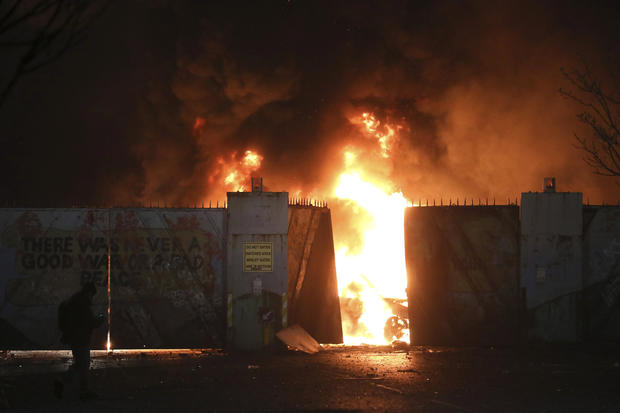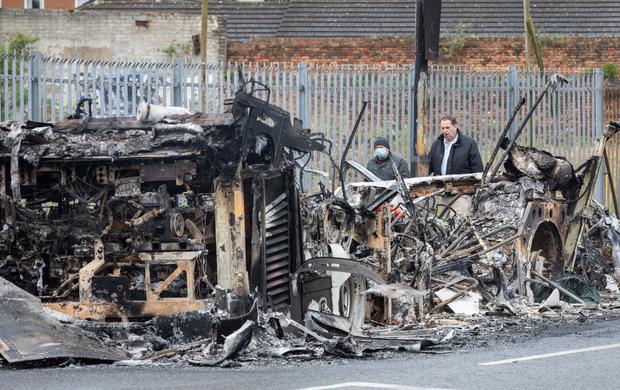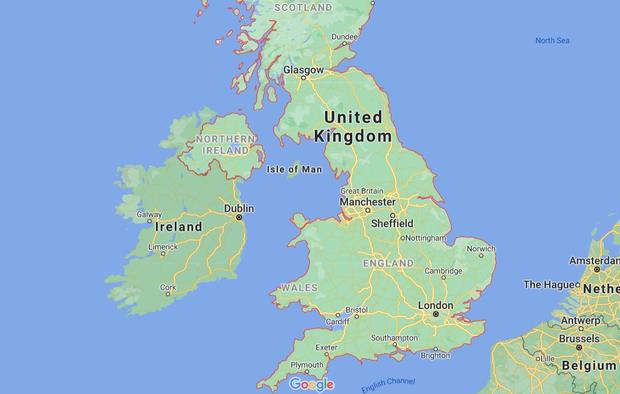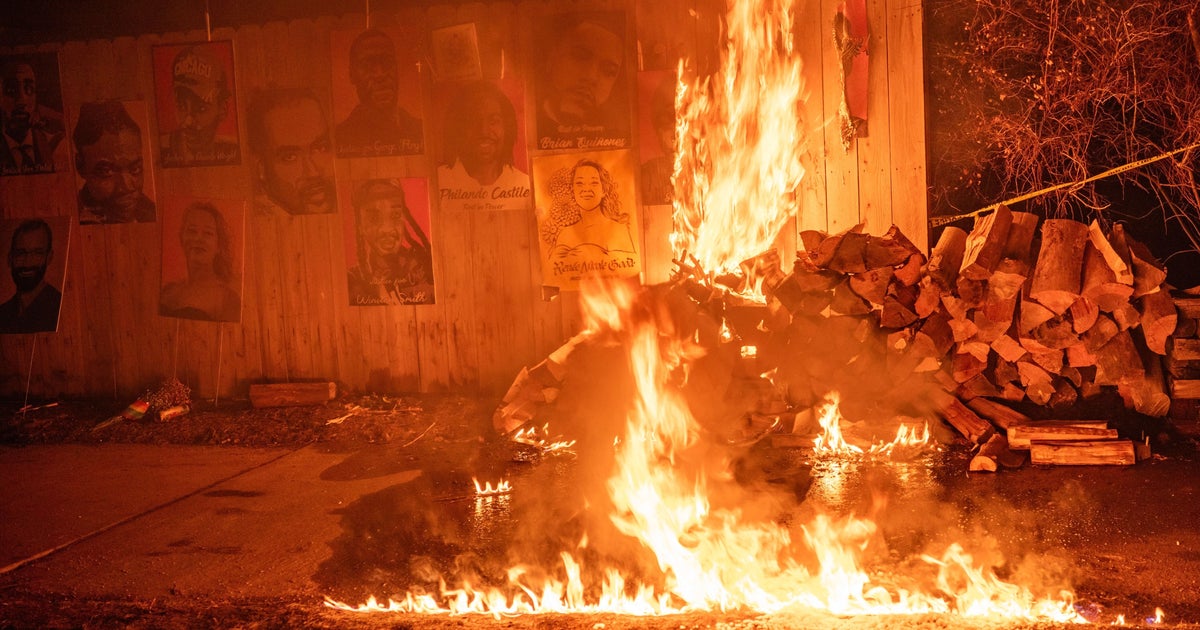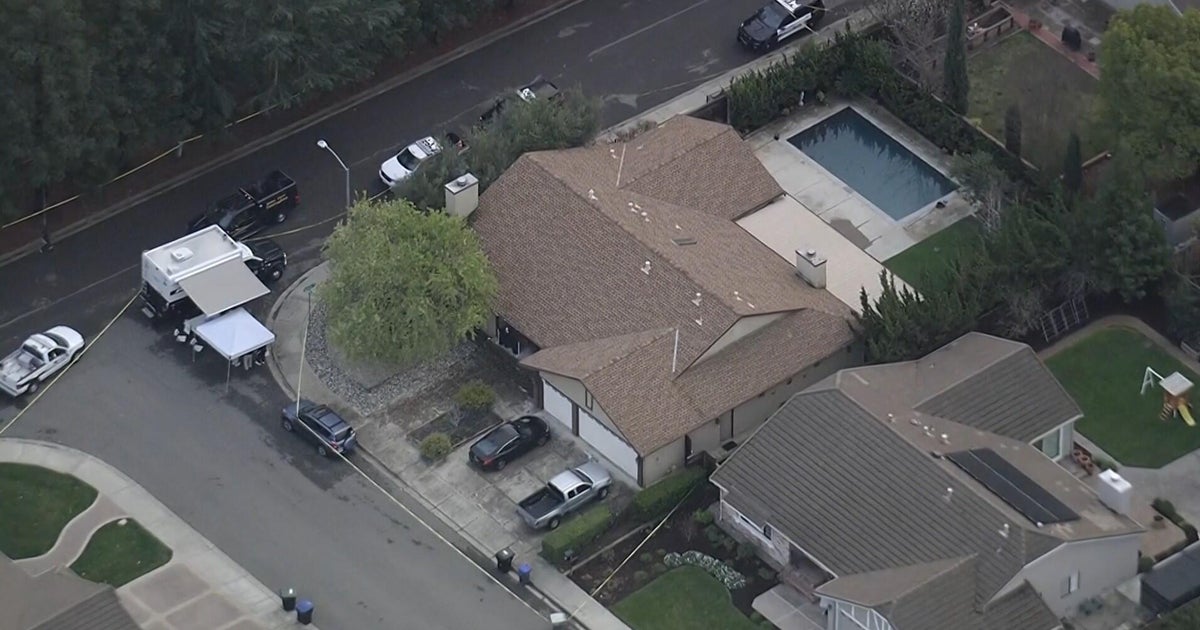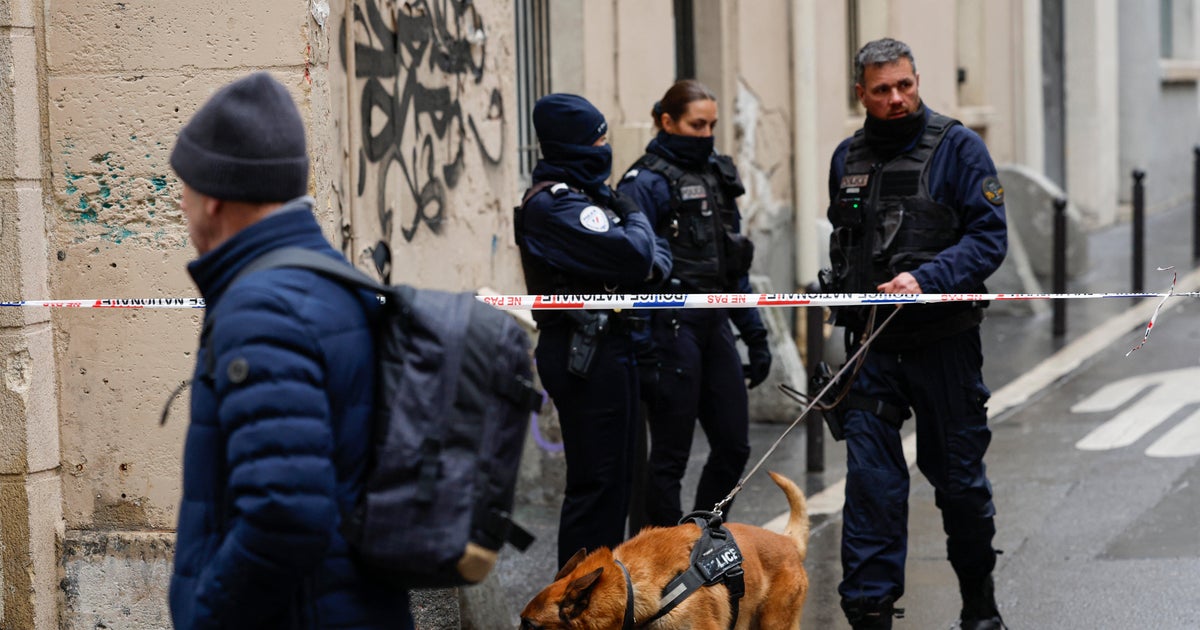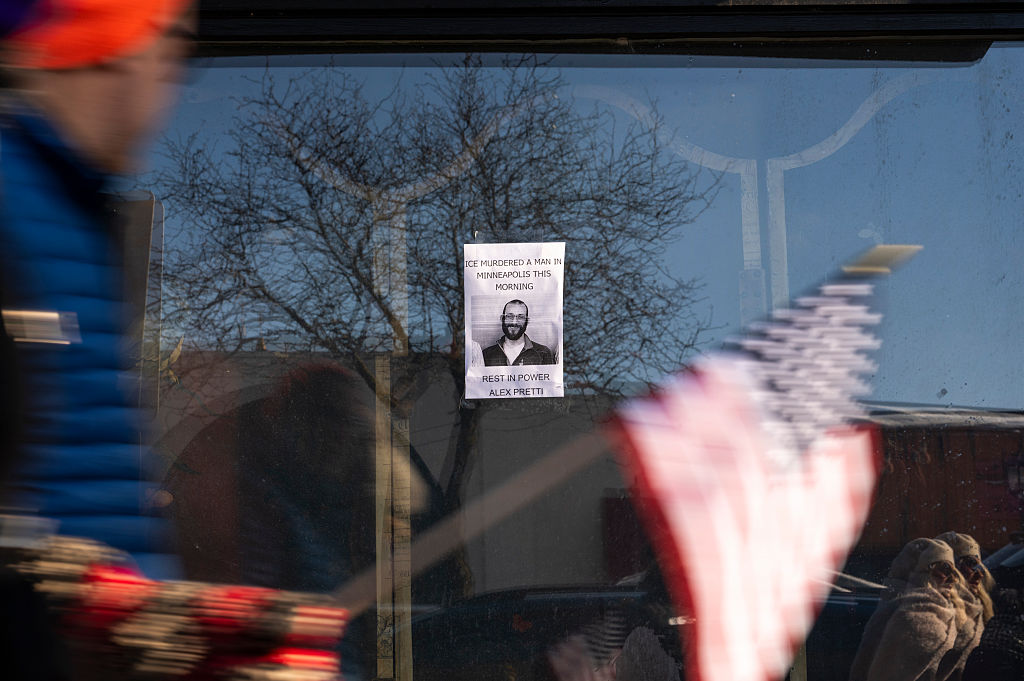Post-Brexit violence rocks Belfast for another night, threatening region's uneasy political balance
Belfast, Northern Ireland — Rioters set a hijacked bus on fire and hurled gasoline bombs at police in Belfast in at least the fourth night of serious violence in a week in Northern Ireland, where Brexit has unsettled an uneasy political balance.
Youths threw projectiles and petrol bombs at police on Wednesday night in the Protestant Shankill Road area, while rioters lobbed bricks, fireworks and petrol bombs in both directions over the concrete "peace wall" separating the Shankill Road from a neighboring Irish nationalist area.
Police Service of Northern Ireland Assistant Chief Constable Jonathan Roberts said several hundred people gathered on both sides of a gate in the wall, where "crowds ... were committing serious criminal offenses, both attacking police and attacking each other."
He said a total of 55 police officers have been injured over several nights of disorder.
U.K. Prime Minister Boris Johnson condemned the unrest and Northern Ireland's Belfast-based government was holding an emergency meeting Thursday about the riots.
Johnson appealed for calm, saying "the way to resolve differences is through dialogue, not violence or criminality." Northern Ireland First Minister Arlene Foster, of the pro-British Democratic Unionist Party, and Deputy First Minister Michelle O'Neill, of Irish nationalists Sinn Fein, both condemned the disorder and the attacks on police.
The Reuters news service quotes Irish Foreign Minister Simon Coveney as warning that, "This needs to stop before somebody is killed or seriously injured."
"These are scenes we haven't seen in Northern Ireland for a very long time, they are scenes that many people thought were consigned to history and I think there needs to be a collective effort to try to diffuse tension," he told national broadcaster RTE.
The recent violence, largely in pro-British loyalist areas, has flared amid rising tensions over post-Brexit trade rules for Northern Ireland and worsening relations between the parties in the Protestant-Catholic power-sharing Belfast government.
The latest disturbances followed unrest over the long Easter weekend in unionist areas in and around Belfast and Londonderry, also known as Derry, that saw cars set on fire and projectiles and gasoline bombs hurled at police officers.
Authorities have accused outlawed paramilitary groups of inciting young people to cause mayhem.
"We saw young people participating in serious disorder and committing serious criminal offenses, and they were supported and encouraged, and the actions were orchestrated by adults at certain times," said Roberts, the senior police officer.
Britain's economic split from the European Union at the end of 2020 has disturbed the political balance in Northern Ireland, a part of the U.K. where some people identify as British and some as Irish.
A new U.K.-EU trade deal has imposed customs and border checks on some goods moving between Northern Ireland and the rest of the U.K. The arrangement was designed to avoid checks between Northern Ireland and Ireland, an EU member, because an open Irish border has helped underpin the peace process built on the 1998 Good Friday accord.
The accord ended decades of violence involving Irish republicans, British loyalists and U.K. armed forces in which more than 3,000 people died. But unionists say the new checks amount to a new border in the Irish Sea between Northern Ireland and the rest of the U.K.
Unionists are also angry at a police decision not to prosecute Sinn Fein politicians who attended the funeral of a former Irish Republican Army commander in June. The funeral of Bobby Storey drew a large crowd, despite coronavirus rules barring mass gatherings.
The main unionist parties have demanded the resignation of Northern Ireland's police chief over the controversy, claiming he has lost the confidence of their community.
